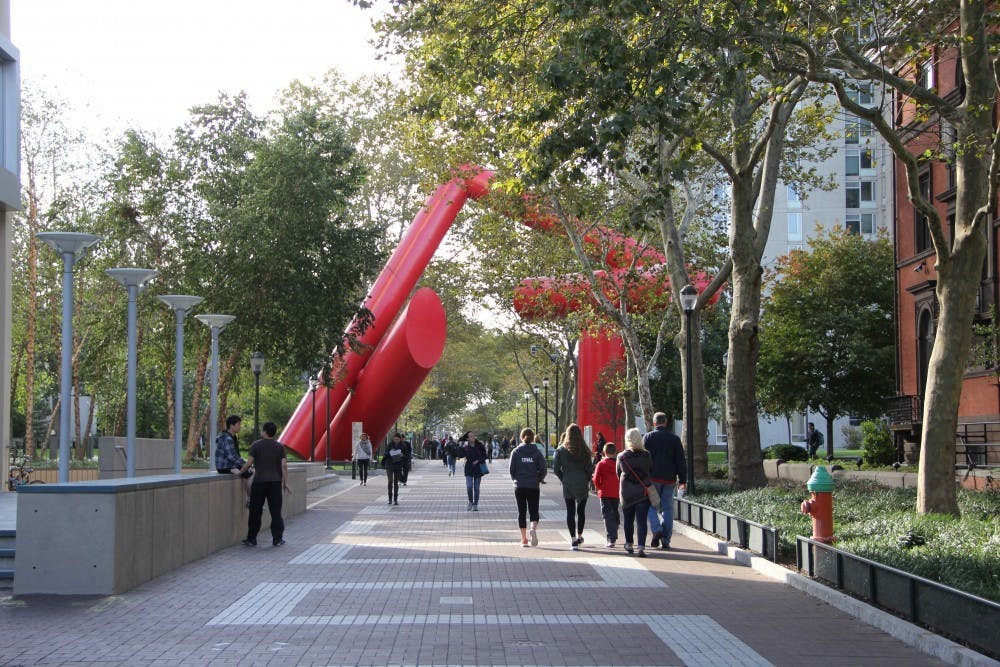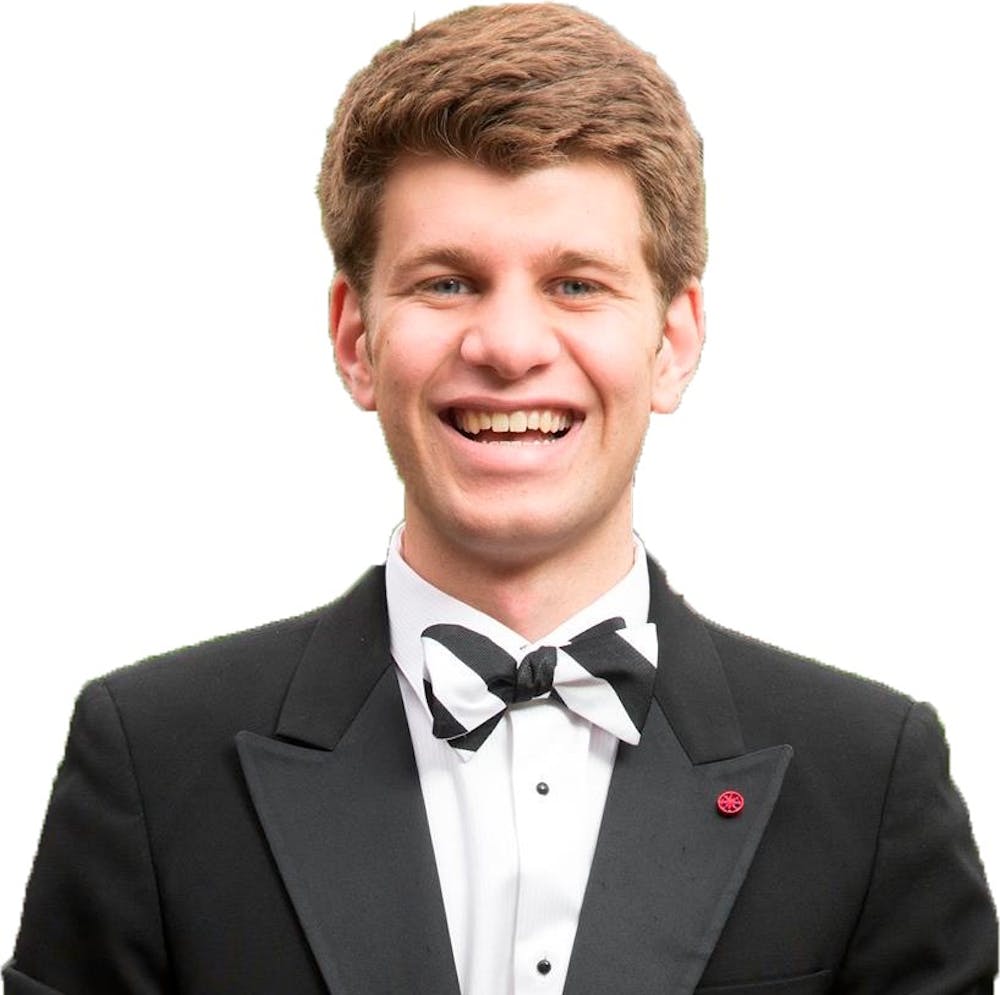
Hazing is not a simple problem. Despite the ubiquity of hazing, those who partake in “new member education” will find very few topics more taboo than a discussion of their pledge tasks. While plenty of groups engage in activities that would be unanimously rejected by campus at large, many pledging activities occupy a moral gray area.
I have even participated in such activities, treading the fine line between maximizing group bonding and inciting feelings of discomfort in group members. Without a clear right and wrong, hazing has become a major student-driven problem on campus where thousands of students feel compelled to perpetuate a yearly routine of forced activity.
Numerous efforts have been undertaken to address the issue. The Pennsylvania Legislature passed measures to make hazing punishable as a felony. Organizations have formed to spread information regarding the negative impacts of these activities. On Penn’s campus, several groups have been sanctioned by the University for hazing-related conduct. Despite these efforts, campus culture surrounding hazing has been largely unaffected. Further, the unforgiving definition of hazing (wherein almost any pledging activity could fall under the umbrella policy) has left students uninterested in amending their group practices in order to meet a seemingly impossible university standard.
However, one key group — at least on Penn’s campus — has been missing from the list of those seeking answers to this problem. Students.
As of late, numerous calls have come from students seeking to have a greater say in matters relating to student life. Daily Pennsylvanian op-eds regarding the Huntsman Hall closing time and the new sophomore housing policy represent just two recent examples of students demanding more influence on their experience at Penn.
As the University Honor Council, Penn’s student group charged with upholding community standards for conduct, we would like to announce two new student-driven initiatives to address hazing. First, we will be hosting confidential, individual-level conversations with student leaders who are interested in discussing their groups’ activities as they pertain to hazing and learning more about University sanctions. In these conversations, we will discuss how groups can maintain traditions which increase group camaraderie without harming members. While it is not our place to dictate the actions of student groups, we hope to use these conversations as opportunities to have open dialogue and deliberate on potential alternative group bonding experiences. Second, in the spring, we will launch an anonymous online form for students to report incidents of hazing. Students will be able to use the form to report any hazing activities which have put them under distress at Penn. This tool will be used by the UHC to target our efforts in reaching out to groups to discuss their group practices.

While reporting options for students and possible sanctions for hazing have always existed, we hope to encourage students to utilize these two avenues as paths to seek peer guidance on the issue. By engaging in student-to-student discussions on how to improve group cultures and by giving individuals an avenue with which they can safely report their experiences, we hope to provide real, substantive solutions to the problem of hazing.
If you are a student leader who wants to tangibly improve campus culture by incorporating both tradition and respect in to your group’s practices, then please reach out to the University Honor Council at universityhonorcouncil@gmail.com. The content of our conversation will be off the record and will not be reported to any organization (including the Office of Student Conduct, Office of Student Affairs, or even your own group).
We do not believe that we have all of the answers on this matter. The issue of hazing is too widespread and diverse to allow for a blanket solution. However, through student-to-student discussion and action, we can work to make Penn as inclusive of a community as possible, holding on to activities that build us up and amending activities that break us down.

KEVIN MYERS is a College senior studying philosophy, politics, and economics. He serves as President of the University Honor Council. His email address is universityhonorcouncil@gmail.com.
The Daily Pennsylvanian is an independent, student-run newspaper. Please consider making a donation to support the coverage that shapes the University. Your generosity ensures a future of strong journalism at Penn.
Donate







